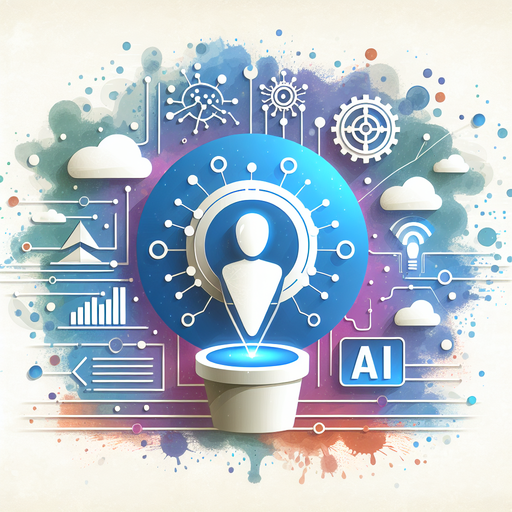As the Software as a Service (SaaS) industry evolves, the incorporation of Artificial Intelligence (AI) into decision-making tools emerges as a pivotal factor for business growth. This article examines the role of AI decision tools in enhancing SaaS business strategies, with a focus on recent advancements and trends up to 2024.

Introduction to AI Decision Tools in SaaS
The competitive edge in the SaaS domain heavily relies on rapid innovation and adaptability. AI-driven decision tools have become indispensable for analyzing vast amounts of data, providing actionable insights, and automating decision-making processes. Companies that leverage these tools can anticipate market changes, optimize operations, and personalize customer experiences at scale.

The Rise of Large Language Models (LLMs)
One of the most significant breakthroughs in AI is the advent of Large Language Models (LLMs) like GPT-4. These models have an unprecedented ability to understand and generate human-like text, enabling them to assist in a variety of complex tasks, from coding assistance to creating marketing content. Incorporating LLMs into SaaS platforms can dramatically enhance product offerings, customer support, and even drive innovation in service delivery.

Optimizing Customer Success with AI
AI tools play a critical role in customer success, offering tailored recommendations and predictive analytics to reduce churn and increase lifetime value. By analyzing customer interaction data, AI can identify at-risk accounts and provide success teams with the insights needed to intervene proactively.
Enhancing Operational Efficiency
Operational efficiency is paramount for SaaS companies to scale effectively. AI decision tools streamline internal processes, from automating routine tasks to optimizing resource allocation. Predictive maintenance of infrastructure and AI-driven project management are just a few examples of how AI contributes to leaner and more agile operations.
Strategic Decision-Making with AI Analytics
Strategic planning benefits substantially from AI analytics, offering deep insights into market trends, competitor behavior, and potential growth opportunities. By leveraging AI for scenario planning and risk assessment, SaaS companies can make informed decisions that align with long-term objectives.
Challenges and Considerations
While the benefits are numerous, implementing AI decision tools comes with its own set of challenges, including data privacy concerns, the need for skilled personnel to manage and interpret AI outputs, and ensuring the AI systems' decisions are ethical and unbiased.
Conclusion and Future Outlook
In conclusion, AI decision tools are revolutionizing the SaaS industry, driving business growth through enhanced decision-making, operational efficiency, and customer engagement. As the technology continues to evolve, we can expect even more sophisticated applications of AI in SaaS, further solidifying its role as a critical component for success. Looking ahead, the integration of AI in SaaS will likely become more seamless, and its capabilities more advanced, as we push the boundaries of what's possible in business growth and innovation.




